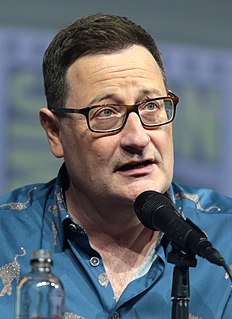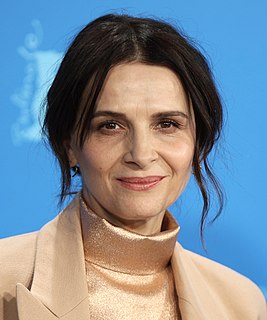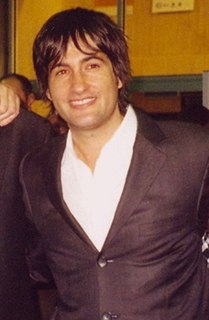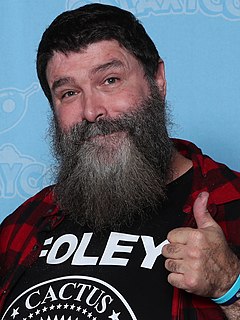A Quote by Chris Chibnall
I don't think any of the journalists in 'Broadchurch' are villainous. I think they're all trying to do their jobs under difficult circumstances.
Quote Topics
Related Quotes
I think that all journalists, specifically print journalists, have a responsibility to educate the public. When you handle a culture's intellectual property, like journalists do, you have a responsibility not to tear it down, but to raise it up. The depiction of rap and of hip-hop culture in the media, I think, is one that needs more of a responsible approach from journalists.
Journalists in newspapers and in many magazines are not permitted to be subjective and tell their readers what they think. Journalists have got to follow a very strict formulaic line, and here we come, these non-fiction writers, these former journalists who are using all the techniques that journalists are pretty much not allowed to use.
I think jobs can have a big impact. I think if we continue to create jobs - over a million, substantially more than a million. And you see just the other day, the car companies coming in with Foxconn. I think if we continue to create jobs at levels that I'm creating jobs, I think that's going to have a tremendous impact - positive impact on race relations.
I think that all journalists, specifically print journalists, have a responsibility to educate the public. When you handle a culture's intellectual property, like journalists do, you have a responsibility not to tear it down, but to raise it up. The depiction of rap and of hip-hop culture in the media is one that needs more of a responsible approach from journalists. We need more 30-year-old journalists. We need more journalists who have children, who have families and wives or husbands, those kinds of journalists. And then you'll get a different depiction of hip-hop and rap music.
It struck me that Steve Jobs, known to be such a brilliant speaker, had a very difficult time explaining things when he was younger. He was describing technology that didn't exist. He had MIT engineers, and he was trying to tell them what he wanted; but there were no terms for what he wanted yet. I think a lot of his early frustration was trying to quickly get his vision to the finish line.





































